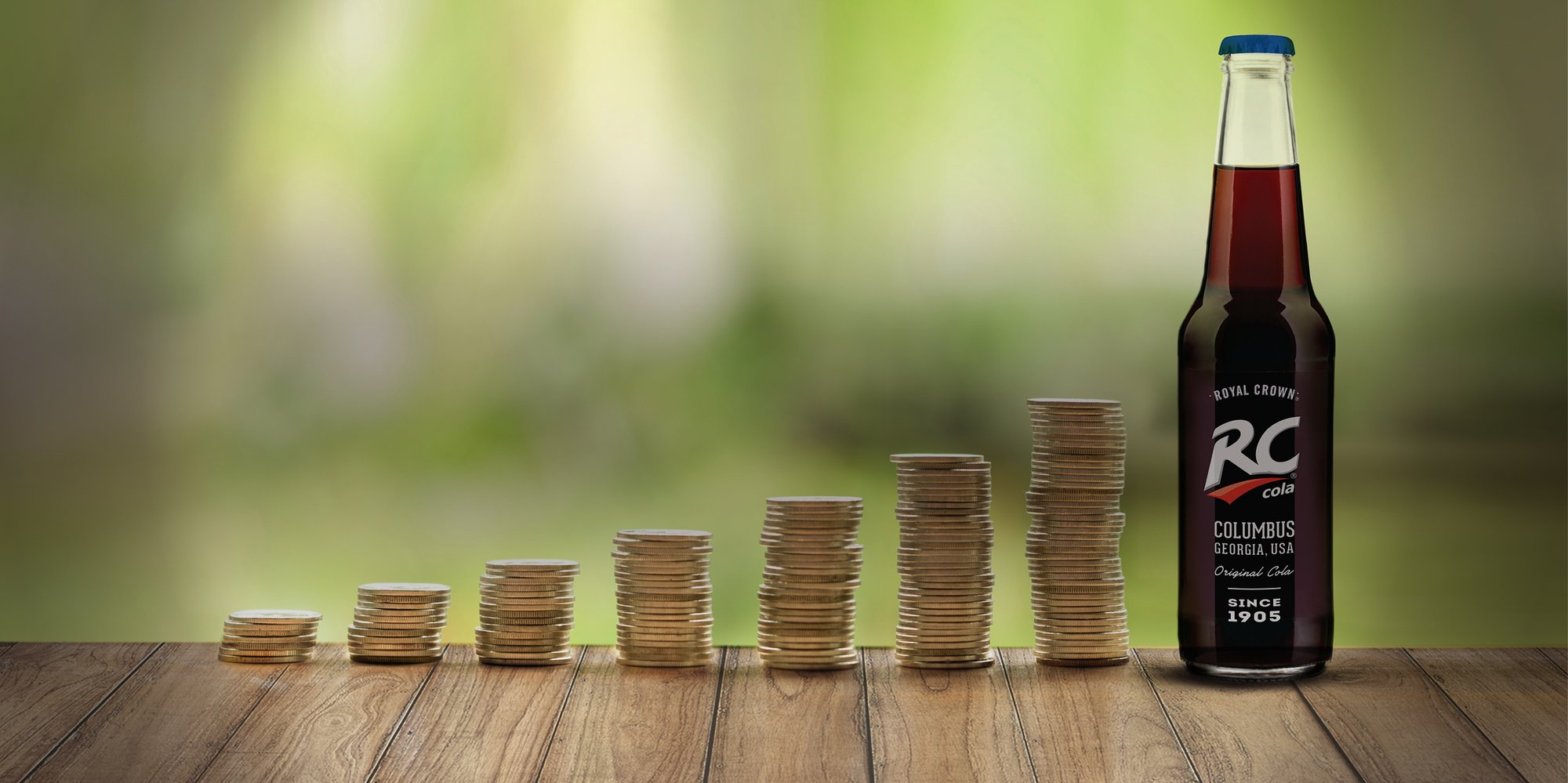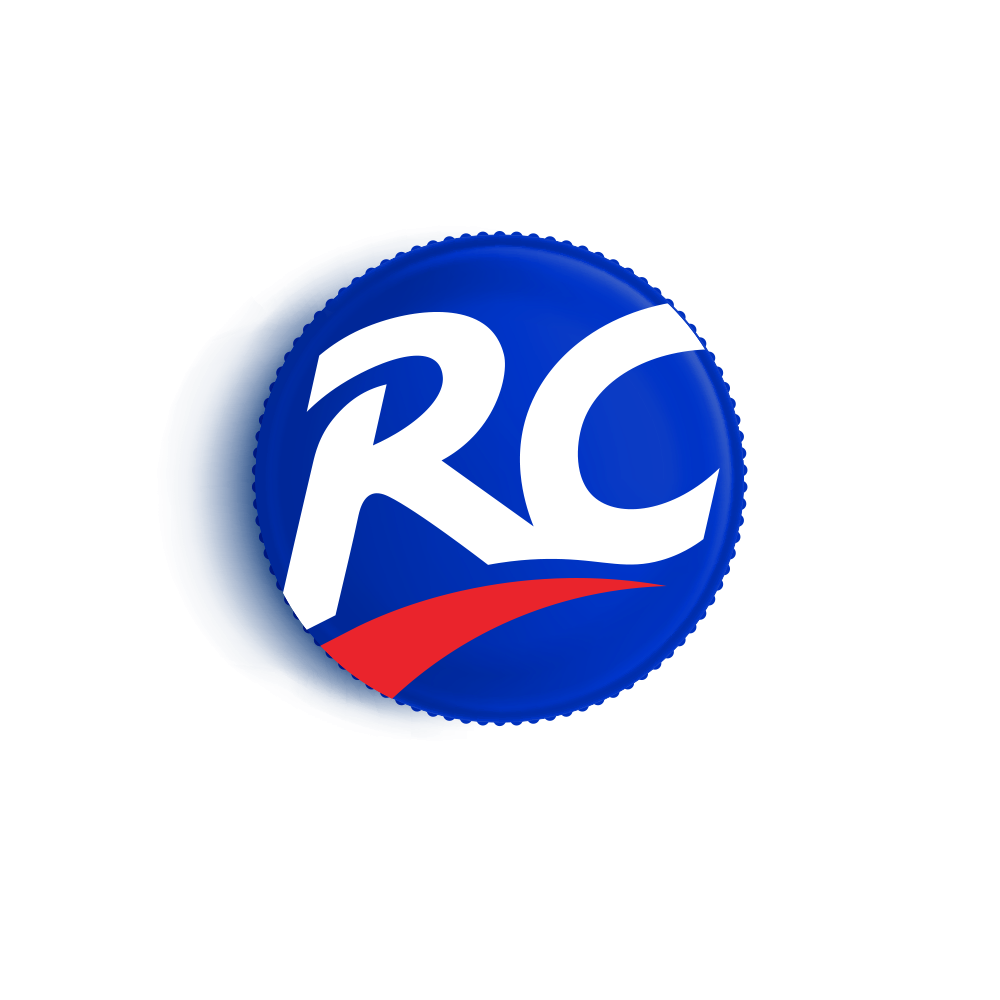There’s been a lot of talk surrounding the pros and cons of initiating the so-called “soda tax” which was instituted to fight obesity and other health-related issues.
Actually, the name is a misnomer. Technically, the tax covers other types of sweetened drinks, such as sweetened fruit drinks with less than 50 percent real fruits and vegetables, sports drinks, and energy drinks. In some locations, the tax covers beverages made with artificial sweeteners rather than sugar.
Currently, more than 30 countries are using economic tools to reduce sugar consumption, including a number of American cities that have jumped on the soda tax bandwagon.
For bottlers, what are the ramifications of this tax? Does it have an impact on revenue? Let’s have a look at some of the questions surrounding this thorny issue.
Where Is the “Soda Tax” Already in Place?
Countries with a soda tax include Australia, Chile, Colombia, Denmark, France, Hungary, India, Ireland, Malaysia, Mexico, Norway, Oman, Philippines, Portugal, Saudi Arabia, Singapore, South Africa, Spain, Sri Lanka, Thailand, United Arab Emirates, the UK, and the U.S. - in addition to the islands of Barbados, Fiji, French Polynesia, Mauritius, Naura, Samoa, St Helena, and Tonga.
How Much is the Tax?
The rate of tax is different in each country. In Hungary, for example, the tax came into effect in 2011 and is a 4-cent tax on foods and drinks with large quantities of sugar and salt. In Chile, a law was passed in 2014 that increased taxes on sugary drinks to 18% (for drinks with 6.25 grams of added sugar per 100 ml). In India, there has been a 40% tax on sugary soda since 2017.
Within the U.S., certain states have passed a soda tax. According to the Tax Policy Center, Philadelphia’s tax is the highest - nearly 2 percent of its own-source revenue. The tax in other jurisdictions in the U.S. accounts for 1 percent or less of own-source revenue. (Own-source revenue excludes intergovernmental transfers.)
Pros: An Argument in Favor of the Tax
While the soda tax is controversial, supporters say it’s a proactive response to the current crisis of obesity, which is taking a toll on populations around the world and is costly for healthcare systems. By taxing soda, consumption is curbed, and manufacturers are being encouraged to create alternative revenue streams.
Bloomberg Philanthropies says that the tax should "reduce consumer demand for unhealthy foods and beverages, improve the food environment, and make healthier choices easier for everyone.” Others have said that the tax provides an incentive for families to get healthier.
The Cons - A Look at Some of the Economic Factors
But opponents believe there is little evidence that the tax is effective. They claim taxing soda simply pushes sales into other, non-taxed regions. From an economic perspective, they argue, it puts an unfair burden on small businesses as well as on consumers, and it costs jobs in the industry.
According to Anthony Campisi (quoted in The Agenda) who lobbies on behalf of the Wakefern Food corporation - a chain of grocery stores in Pennsylvania - the tax makes it harder for convenience stores, particularly those in poor urban neighborhoods, to stand a chance against the larger chain stores, by placing “a massive tax on a core area of the business.”
Another concern is that eating sugary foods does not always lead to obesity, especially if it is balanced with healthier foods and exercise. Perhaps, then, the tax is misplaced, because those who eat an overall healthy diet are still forced to pay.
Other Cons - Maybe It Encourages Consumers to Buy Other Unhealthy Foods…
The opposition to the soda tax is supported by a number of scientific studies conducted by researchers around the globe:
A study in the Journal of Public Economic first published in 2010 (read it online on Science Direct) found that where the soda tax was put into effect, children and adolescents increased consumption of other, less nutritious options to offset their reduced consumption of soda.
Along similar lines, a British study published in 2018 in the Journal of Epidemiology & Community Health showed that Philadelphia’s tax on sugary drinks is linked to an increase in local alcohol consumption.
…Or Maybe It Just Doesn’t Work
There are those who oppose the tax from another angle, arguing that it’s ineffective. They claim that the tax doesn’t serve as much of a deterrent, and it barely affects sales.
A study conducted in 2018 by the UK-based think tank Institute for Economic Affairs (see FoodTaxDrinkTax.eu) shows that the tax is ineffective because most people don’t change their food shopping habits until prices are changed dramatically. This is simply not the case with the soda tax.
Likewise, evidence from other jurisdictions, like Mexico, shows that the soda tax rarely reduces the amount that’s being consumed in any significant way. An article in the American Consumer describes an analysis in Mexico that revealed the tax had practically no impact on people’s diets.
Denmark Did It First
This isn’t the first time we’ve seen taxes legislated to limit consumption of certain food products.
The Fraser Institute, for example, points out that in Denmark, the government introduced a tax on saturated fat in food products in 2011.
The results? While some consumers did opt for lower fat alternatives, others simply found cheaper ways of buying the taxed products by buying those foods in lower-priced discount stores rather than their regular supermarkets. Those living near the border did their shopping in neighboring countries that did not have the tax. After just 15 months, the tax was abandoned.
Taking the Case to the State Legislature - Preemption Laws
Opponents of the soda tax have initiated what is known as “preemption laws” - designed to stop cities from passing their own soda tax laws.
As pointed out in The Agenda, legislatures in 12 states, including Arizona, Michigan, and Washington, have already passed laws that forbid the legislation of anti-obesity measures, including the soda tax.
California passed its own preemption law that prevents soda tax legislation in any additional cities - that is, aside from cities that had already adopted the soda tax prior to the passing of the state law.
Join Us! We Offer Growing Opportunities for Bottlers as Part of the RC Cola Family
Whatever the future of the soda tax, it’s always good to bottle beverage products that are low in sugar and appeal to those health-conscious consumers. And if you’re a bottler looking to grow your bottom line, joining RC Cola’s family of bottlers offers you new opportunities...with our range of different brands, including a number of low-sugar beverage options such as RC Neo, a healthy soda choice that has a bold, full flavor.



